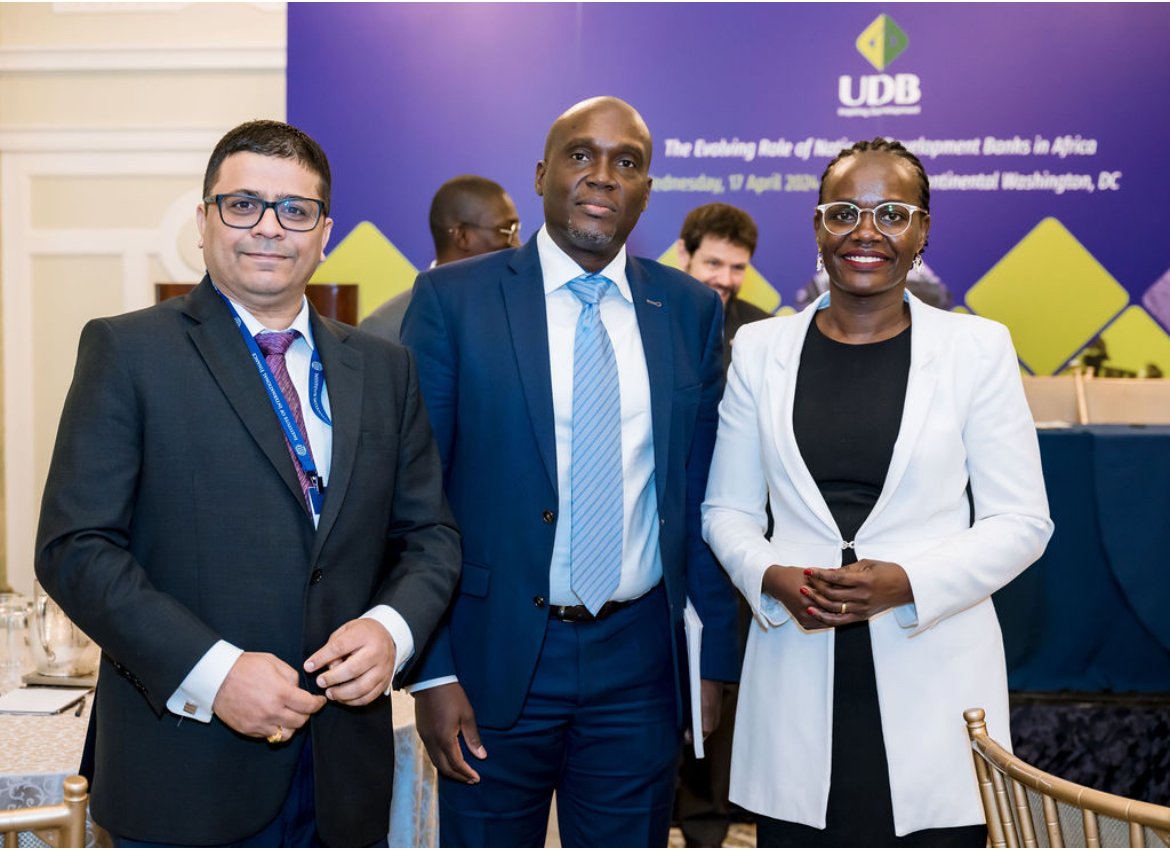Inside animal feed manufacturers push for tax on feed concentrates
Following an outcry by poultry dealers over a move by tax body URA to start taxing animal feeds that are imported into Uganda in the form of concentrates, local manufacturers under their umbrella body, Uganda Animal Feed Manufacturers Association (UAFMA) backed the move.
According to Aimable Mbarushimana, the UAFMA chairman, when the Covid pandemic hit the world, there was a resolution for all countries to start self-sustaining efforts through import substitution.
Keep Reading
This would mean governments invest in local manufacturers to produce goods previously imported.
“It is a high time we supported out own to make these products imported from abroad. We can’t depend on imports for our food security yet we have all it takes to do it locally. It is about time the country stands up to help itself. You can’t smoke gas and you can’t drink oil but you will always eat food. We need to have food security,”Mbarushimana says.
Concentrates vs local food
Making a comparison between the imported concentrates and locally manufactured chicken feeds, Mbarushimana explained that whereas they are not totally against the importation of concentrates, it should not be done on at the expense of the local supply chain.
He for example cited a local chicken meal which comprises maize bran, small fish, cotton seed cake, soya bean, sun flower seed cake, maize, shells, premix, calcium, salt, booster and lysine, all grown or produced by Ugandan farmers, allowing concentrates into the country would mean all these are kicked out.
Mbarushimana says this means farmers supported by the manufacturers will lose out.
“We want concentrates to co-exist with natural animal feeds we have. Instead of bringing those of 10%, 20% or even 30%, let them import those of 5% but also taxable so that we can protect farmers who plant soya beans, sunflower and many others used in making of animal feeds.”
Value chain
According to David Waliggo, a policy, legal and tax consultant, there is a big value chain that stands to lose out if local manufacturers are not protected.
“There exists a clear value chain starting from the shops dealing in seeds, farmers, dealers who buy from the farmers, processors and the manufacturers. This means all these will be kicked out of business and this would mean unemployment,” Waliggo says.
These say whereas they are not against importation of feed concentrates, it should not happen on the expense of the local manufacturers and the country at large.
Quoting a resolution by the African Development Bank for a new mega initiative to transform agriculture in Africa as one of the ways to ensure self -sustenance drawing lessons from the Covid pandemic, Waliggo says this can only happen if local manufacturers are supported.
“NDPIII specifically talks about the agro-industrialization programme that aims to increase commercialization and competitiveness of agricultural production and agro processing in Uganda. The key results include increasing export value of selected agricultural commodities, increasing the agricultural sector growth rate, increasing labour productivity in the agro-industrial value chain, creating jobs in agro-industry, and increasing the proportion of households that are food secure. This is what exactly that local animal feed manufacturers are emphasizing. We can’t continue relying on imports to develop our country. Import substitution is the way to go.”
On the argument by poultry dealers that the new tax has seen an increase in the prices of poultry feeds, UAFMA insists that the prices increased even before URA started levying the tax.
They insist this is a scapegoat used by importers of feed concentrates to make their case for not paying the 18% VAT and 10% import duty.
On the capacity to satisfy the local market, UAFMA chairman, Mbarushimana referred the country to previous years before the start of importation of feed concentrates.
“For more than 30 years we have been feeding on local feeds and when the concentrate people saw a gap, they took advantage. Ugandans were eating eggs and chicken before the concentrates came. What we are saying is that we need to protect the farmer in Teso region, Lango region or elsewhere and any other persons who deals in small fish used in making of animal feeds. They stand to lose out if they are not protected.”
These says local manufacturers like Mukwano Industries invest alot of money every year to support farmers grow these items and later buy from them to manufacturer animal and chicken feeds.














